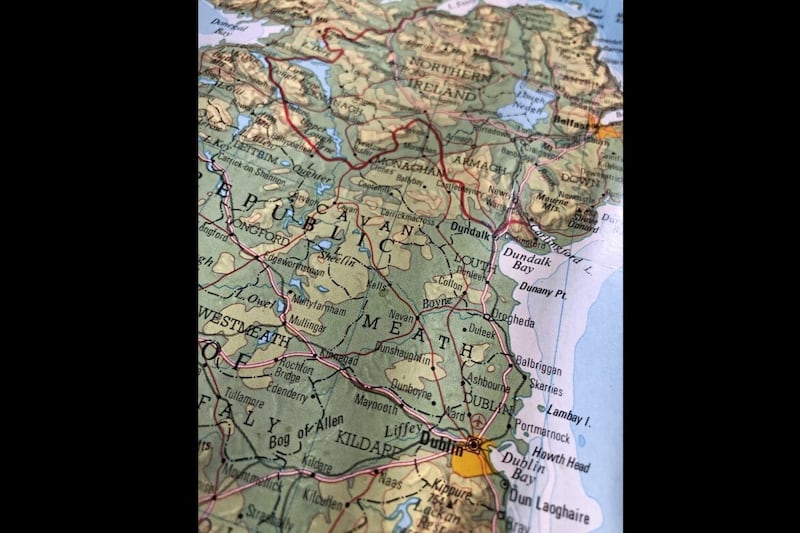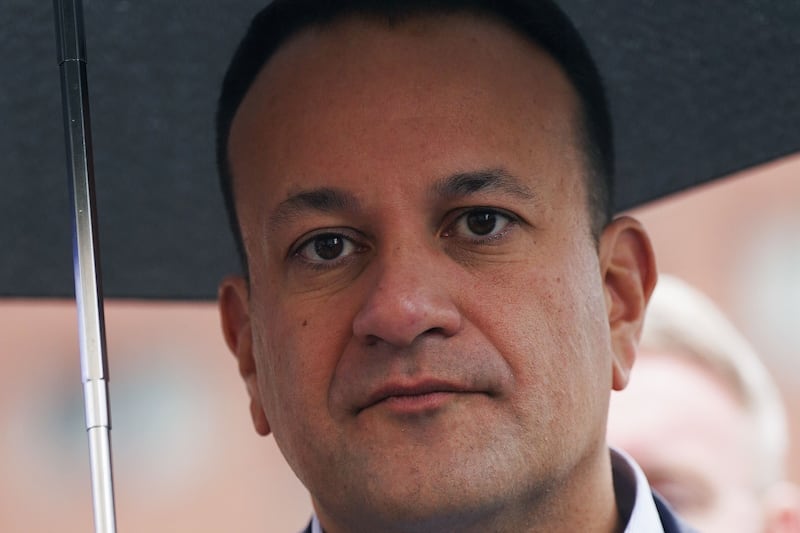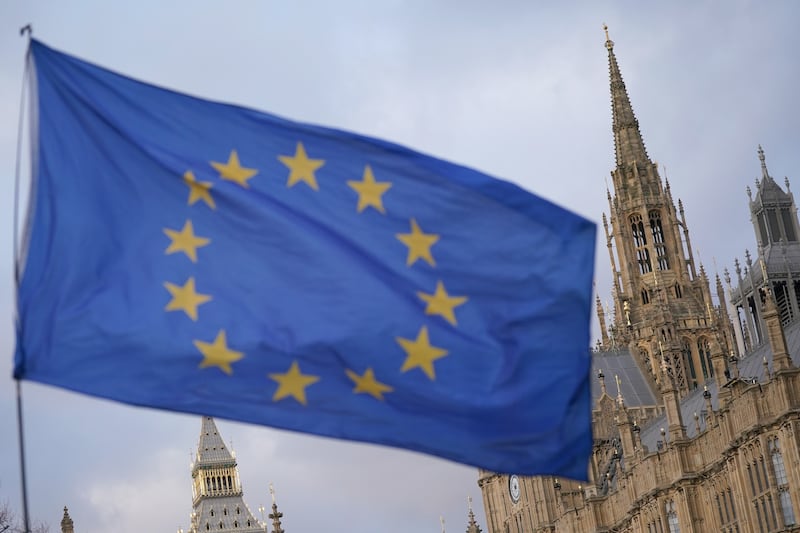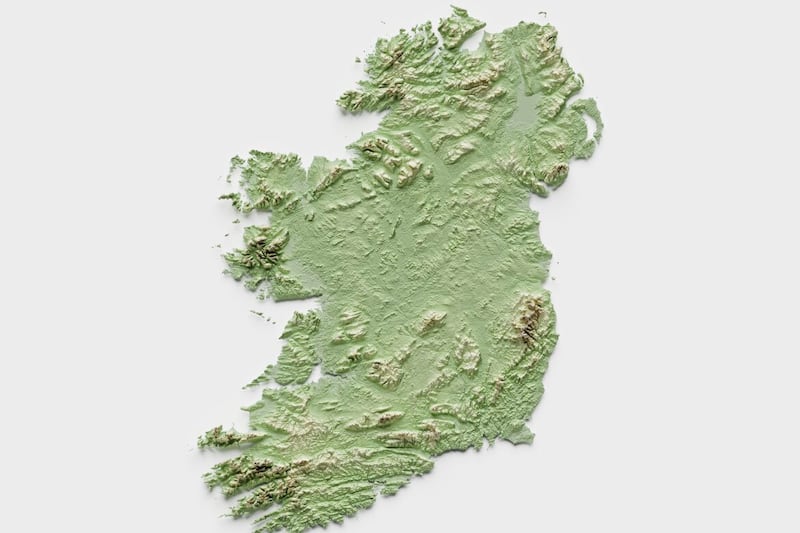THE Secretary of State for Northern Ireland said anyone who wants to know the criteria for a border poll needs to read the Good Friday Agreement.
Speaking in Westminster, just days after nationalism outpolled unionism in the north’s local government elections, Chris Heaton-Harris refused to be drawn on the basis he would use to determine whether a border referendum could be called.
The legal basis for such a poll is laid out in the 1998 agreement, where it effectively leaves it at the discretion of the Northern Ireland Secretary to determine whether or not a majority exists for a united Ireland.
“It has got to be based on proper information,” Mr Heaton-Harris told journalists.
However, when pushed on his opinion of that criteria, he said anyone interested “need to read the Belfast/Good Friday Agreement, it’ll give you a good clue”.
Speaking at the same event, DUP leader Sir Jeffrey Donaldson claimed the north is nowhere near meeting the criteria for a border poll.
Pro-unity parties, including People Before Profit (PBP), received 308,624 votes in last Thursday’s poll, 27,000 more than the combined unionist vote.
But Sir Jeffrey said: “Votes are important, but it’s seats that win elections and the unionist bloc got more seats than the nationalist bloc.”
However, that’s only true when pro-unity independents and PBP are excluded from the equation.
In terms of total votes, the three main unionist parties took just over 38 per cent of the vote, while nationalists took just under 41 per cent.
But the DUP leader was adamant the criteria for a border poll exists following last week’s election.
“We’re nowhere near meeting that criteria, that is, that the Secretary of State believes there is a majority in favour of a united Ireland, there’s no evidence of that.”
“When you look at parties that are either pro-union or are neutral, they far exceed the amount that are pro a united Ireland,” he said.
“The united Ireland vote in Northern Ireland is still below 40 per cent.”








